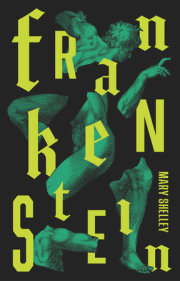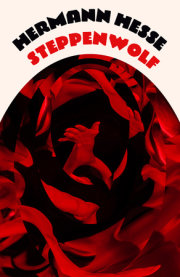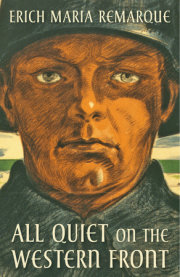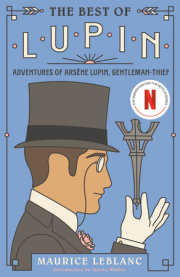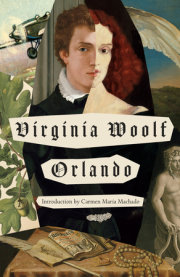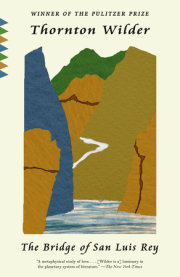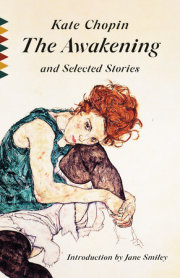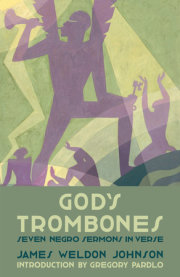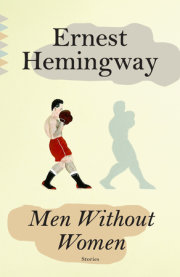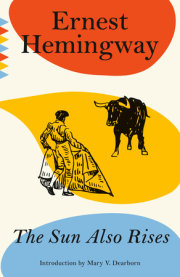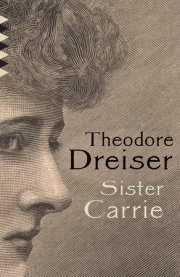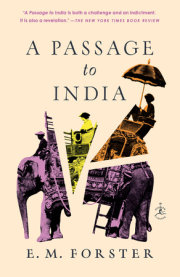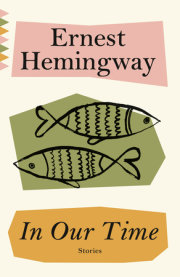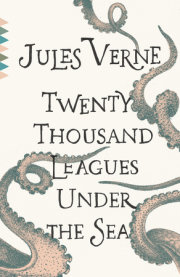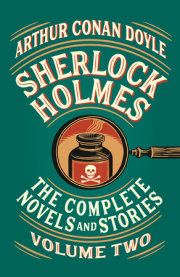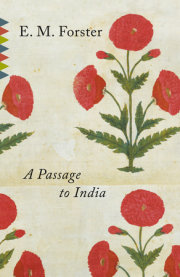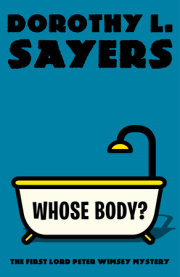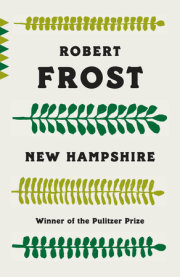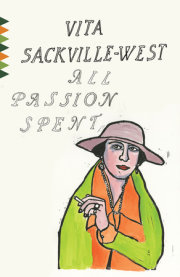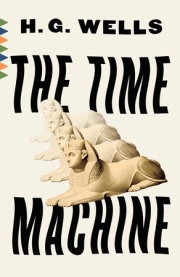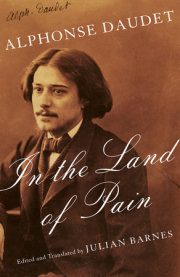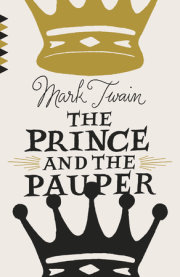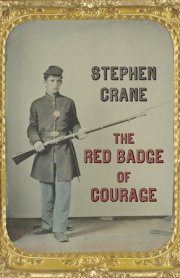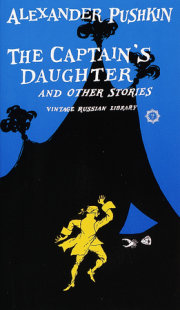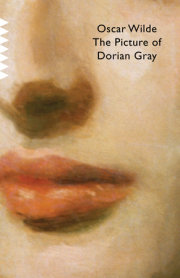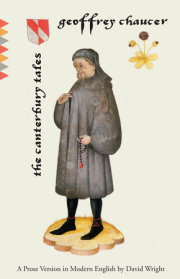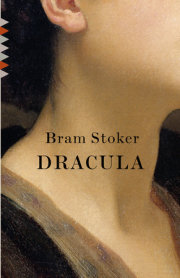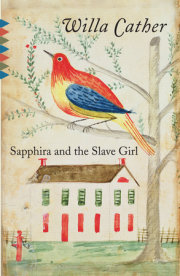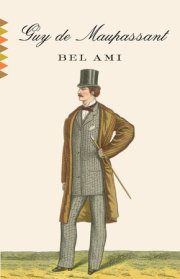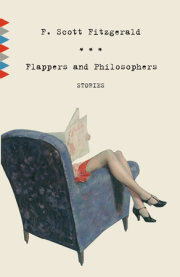1. Chevron
Among the many problems which beset the novelist, not the least weighty is the choice of the moment at which to begin his novel. It is necessary, it is indeed unavoidable, that he should intersect the lives of his dramatis personae at a given hour; all that remains is to decide which hour it shall be, and in what situation they shall be discovered. There is no more reason why they should not first be observed lying in a bassinette—having just been deposited for the first time in it—than that the reader should make their acquaintance in despairing middle age, having just been pulled out of a canal. Life, considered in this manner from the novelist’s point of view, is a long stretch full of variety, in which every hour and circumstance have their peculiar merit, and might furnish a suitable spring-board for the beginning of a story. Life, moreover, as we continue to consider it from the novelist’s point of view, life although varied is seen to be continuous; there is only one beginning and only one ending, no intermediate beginnings and endings such as the poor novelist must arbitrarily impose; which perhaps explains why so many novels, shirking the disagreeable reminder of Death, end with Marriage, as the only admissible and effective crack in continuity. So much for the end; but there are obvious disadvantages to starting the hero off with his birth.
For one thing, he is already surrounded by grown-ups, who by reason of his tender and inarticulate age must play some part in the novel, or at any rate in the first chapters of it, and whose lives are already complicated in such a fashion that it is no true beginning for them when they are hauled ready-made into the story. For another thing—but I need not enlarge. The arbitrariness of choice has already been made sufficiently evident, and no further justification is necessary to explain why we irrupt into the life of our hero (for so, I suppose, he must be called) at the age of nineteen, and meet him upon the roof a little after midday on Sunday, July the 23rd, nineteen hundred and five.
He had climbed on to the roof not only because for years such exercise had been his favourite pastime but because it was now his only certain method of escape. Escape was a necessity; otherwise, his mother expected him to play the host, which meant that the men chaffed him and that the women rumpled his hair. Even at that early age, he liked his hair to be oiled and tidy. Even at that early age, he resented any intrusion, however genial, upon his privacy. So he escaped; sprang upstairs through the rich confusion of staircases and rooms; and finally reaching the attics pushed his way out through a small door which opened on to the leads. Nimble in tennis-shoes, he went up an angle of the sloping tiles, to sit astride the peak of the roof; tore his shirt open, fanned his flushed face, and drank the air in large draughts. Arrived there, his surroundings supported him in the most approved fashion. A cloud of white pigeons wheeled above him in the blue sky. Acres of red-brown roof surrounded him, heraldic beasts carved in stone sitting at each corner of the gables. Across the great courtyard the flag floated red and blue and languid from a tower. Down in the garden, on a lawn of brilliant green, he could see the sprinkled figures of his mother’s guests, some sitting under the trees, some strolling about; he could hear their laughter and the tap of the croquet mallets. Round the garden spread the park; a herd of deer stood flicking with their short tails in the shade of the beeches. All this he could see from the free height of the roof. Immediately below him—very far below, it seemed—lay a small inner court, paved, with an immense bay-tree growing against the grey wall, and as he peered down, feeling a little giddy, he saw a procession emerge from a door and take its way across to a door opposite. He grinned. Well did he know what this procession meant. It meant that at a given moment in the servants’ dinner, the flock of housemaids had risen from their seats in the servants’ hall, and, carrying their plates of pudding in their hands, were retiring to their own sitting-room to complete their meal. So the procession came, one, two, three, four, five, six, seven, eight, one behind the other, in print dresses and white aprons, carrying their plates, each plate with a dab of pudding on it and a spoon laid across, as though they observed the ritual of some ancient and hierarchical etiquette.
It must, therefore, be a quarter to one. The servants’ dinner began at half-past twelve, and the punctuality of the house was as reliable as the sun himself. Sebastian grinned; then he sighed. For the approach of luncheon meant that he must abandon the roof and its high freedom, with the surveying glance it gave him of house, garden, and park, and go downstairs to be engulfed once more in the bevy of his mother’s guests. Week-ends were always like this, throughout the summer, though he, Sebastian, who was at Oxford, suffered from them only during his summer holidays. For his sister it was different; she was always at home, and even now probably was having her hair tweaked and frizzed, till, as her brother said, she could hardly shut her mouth. On Monday and Tuesday—unless it rained—her hair would still be curly; by Wednesday it would again be lank.
But although it was easy to get up it was not so easy, as Sebastian found, and was to find as life went on, to get down. He hung for a long time in perilous hesitation over the well of the little court. He could not make up his mind to jump. Supposing he missed his footing? shot between the battlements and crashed into the depths below? The air was good, warmed by the sun; and the ground was good, when the foot was on it; but he hung now in a false position between the two; a tentative movement made a tile slip. It slipped with a single, cautionary rattle. The heraldic leopards watched him sarcastically, holding their shields. Overhead, the clock suddenly struck One, and the sound reverberated all round the roofs, coming to rest again in the clock-tower, after its journey of warning in that solitary punctuation of time. The pigeons rose in a scatter, only to settle once more on the gables, and there to resume their courtships. There was nothing for it but to jump. Sebastian jumped.
Copyright © 2017 by Vita Sackville-West. All rights reserved. No part of this excerpt may be reproduced or reprinted without permission in writing from the publisher.




